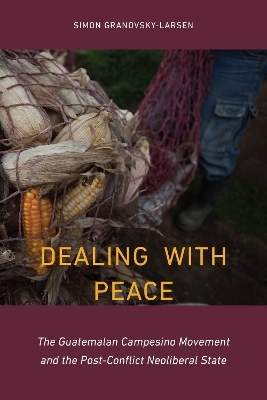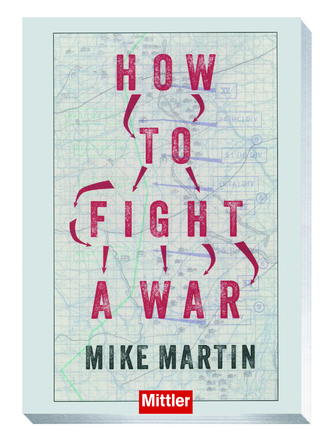
Dealing with Peace
University of Toronto Press (Verlag)
978-1-4875-0143-3 (ISBN)
- Lieferbar (Termin unbekannt)
- Versandkostenfrei innerhalb Deutschlands
- Auch auf Rechnung
- Verfügbarkeit in der Filiale vor Ort prüfen
- Artikel merken
Dealing with Peace presents the struggles of the Guatemalan campesino (peasant) social movement during the country’s post-conflict transition from 1996 to the present, focusing on efforts to obtain land and improve livelihoods within a shifting, yet consistently hostile, political-economic environment. With special focus on the relationship between the movement and the neoliberal state, Simon Granovsky-Larsen asks whether the acceptance of neoliberal resources – in this case, support for land access in Guatemala provided by the World Bank-funded Fondo de Tierras – reduces the potential for social movements to continue to work for transformative change.
Positioned in contrast to studies warning that social movements cannot maintain their original vision after accepting such support, this book argues that organizations within the Guatemalan campesino movement have engaged strategically with neoliberalism, utilizing available resources to advance visions of social change. Using a wealth of primary data collected over more than a year of fieldwork, it contributes significantly to the study of Guatemalan politics and advances understandings of the grounded operation of neoliberalism. Exploring both the dynamics of a national neoliberal transition and the ways in which these play out within civil society, Dealing with Peace reveals the long-term and often contradictory negotiation of political and economic transitions.
Simon Granovsky-Larsen is Assistant Professor of Politics and International Studies at the University of Regina.
List of Tables, Figures, and Illustrations
Map: Location of Main Research Sites
Acronyms
Acknowledgements
Introduction
Dispossession, Violence, and Poverty
Positioning the Case Studies: CCDA and CONIC
Methodology: Activist Research Amid Violence
Overview of the Book
1. Strategic Engagements with Neoliberalism
Transitions to and through Neoliberalism
Peace, Land, and Neoliberalism
Challenging Guatemala’s Neoliberal Peace
2. The Guatemalan Campesino Movement: Organizing through War and Peace
From the Ashes of Genocide and Revolution, 1944-1985
The Perils of Peace, 1986-2010
The Guatemalan Campesino Movement Today
3. Between the Bullet and the Bank: Campesino Access to Land
The Market Model
Agrarian Conflict and Rural Struggle
4. CONIC: An Organization Apart
CONIC and Territorial Collectives
Victorias III: “We’re screwed but happy”
San José La Pasión: “We have to work together”
5. CCDA: A Revolutionary Enterprise
CCDA and Café Justicia
Salvador Xolhuitz: A Divided Community
Don Pancho: “We’re used to giving it our all”
6. Beyond the Post-Conflict Period
CONIC and CCDA: Within and Against the Market
The Neoliberal Temptation
CCDA and the Rearticulation of Resistance
Glossary
List of Interview Participants and Research Sites
Bibliography
| Erscheinungsdatum | 17.05.2019 |
|---|---|
| Reihe/Serie | Studies in Comparative Political Economy and Public Policy |
| Zusatzinfo | 28 b&w illustrations, 16 b&w tables |
| Verlagsort | Toronto |
| Sprache | englisch |
| Maße | 165 x 239 mm |
| Gewicht | 580 g |
| Themenwelt | Sozialwissenschaften ► Politik / Verwaltung ► Vergleichende Politikwissenschaften |
| Sozialwissenschaften ► Soziologie ► Spezielle Soziologien | |
| ISBN-10 | 1-4875-0143-9 / 1487501439 |
| ISBN-13 | 978-1-4875-0143-3 / 9781487501433 |
| Zustand | Neuware |
| Haben Sie eine Frage zum Produkt? |
aus dem Bereich


